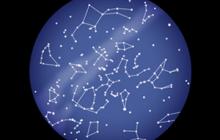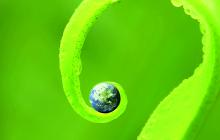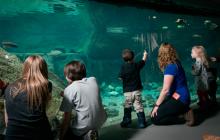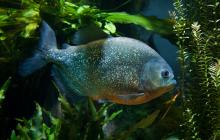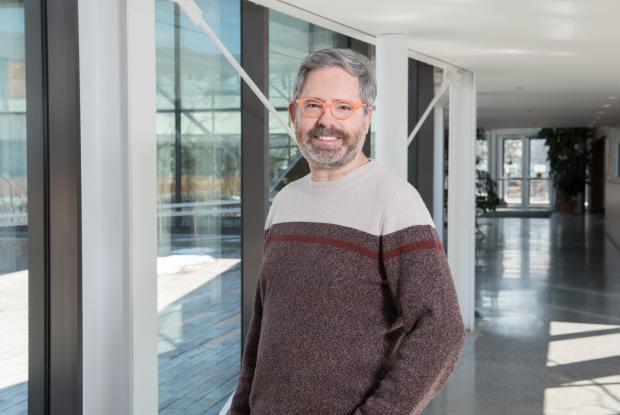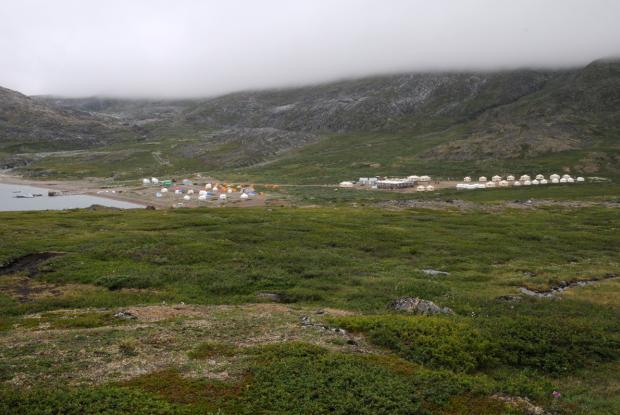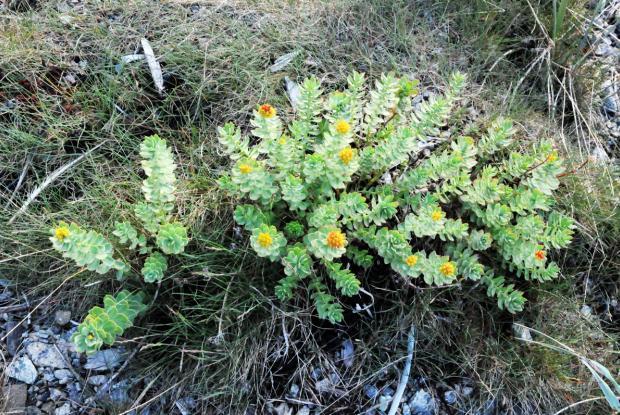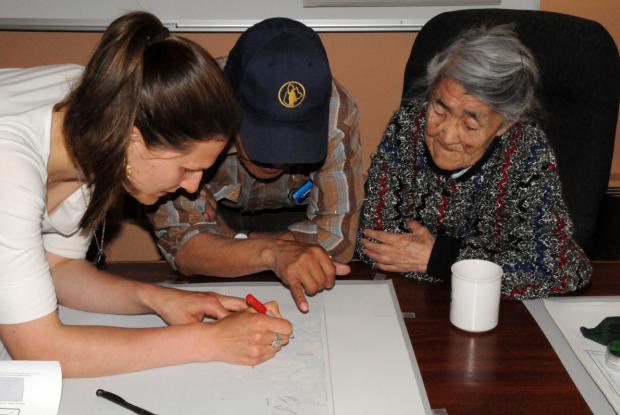- Botanist, Jardin botanique de Montréal
- Associate Professor, Department of Biological Sciences, Université de Montréal
- Read his articles on our blog
Areas of research and expertise
- Ethnobotany
- Ethnoecology
- Medicinal plants
- The impact of harvesting on biodiversity
- Climate change in the Canadian Arctic
Education
Ph.D. Biological Sciences, 1998
UdeM
About my work
I’m an ethnobotanist – which means that my research combines humans, the animal world, the plant world and their habitats or biomes.
My work focuses on the vision that Québec’s First Nations have of animals, plants and the landscape. More specifically, I study their use of those plants, whether it’s traditional, medicinal or as food. Indigenous communities identify very closely with their natural surroundings. My work aims to document, preserve and restore to these communities their knowledge that is being lost because it is mostly passed down orally.
For work tools, all I need is a pen, paper and a recording device! In the field, I conduct individual interviews or discussion groups in the Cree, Innu, Inuit and other communities that I partner with. I also go with them into the forest or the tundra to get them to identify and name the plants they use for me. This sometimes leads me to come up with ecology or pharmacology projects.
In the laboratory, I conduct research into lowering the high rate of diabetes among Indigenous people, for instance. To do so, I combine traditional knowledge, science and analyses of the plants identified by the communities as having antidiabetic potential.
Why I love research
I’m naturally respectful and patient. That helps me establish good contacts with the First Nations, and our exchanges bring me a lot of knowledge. I feel like a student! I also like knowing that my work can help preserve knowledge that is being lost today, because of biocultural erosion.
In future, I’d like to create tools to help young Indigenous people maintain their languages and teach them about their rights. I work with and for the communities. I’m not there to steal their knowledge, but to help them preserve it.


